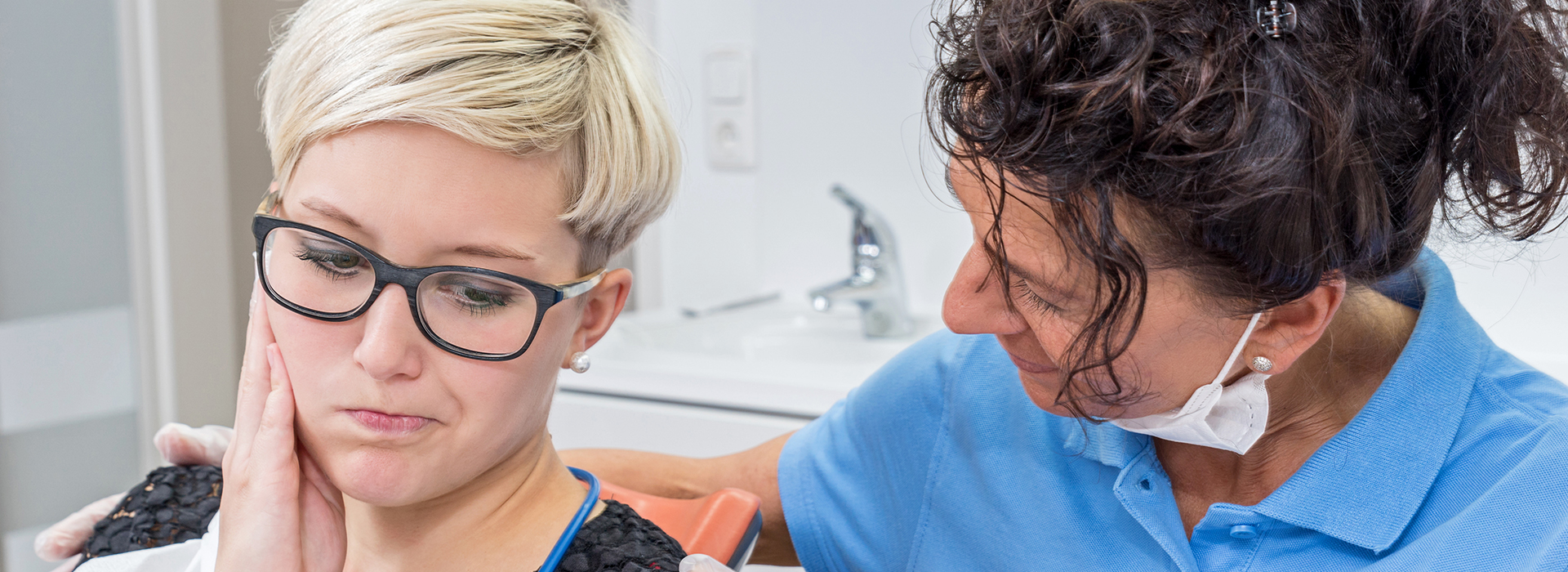Rapid, Compassionate Response When Dental Emergencies Happen
A dental emergency can be alarming — sudden pain, a broken tooth, or swelling that interferes with eating and breathing demands immediate attention. In those first moments, a calm and organized response can make a major difference in outcomes. Our team in West Bloomfield, MI focuses on assessing urgency quickly, easing discomfort, and creating a clear plan so patients and families feel informed and supported.
Emergency dental care is about more than relieving pain; it’s about protecting teeth, preventing infection, and preserving long-term oral health. Prompt intervention reduces the risk of complications and often increases the chances of saving a natural tooth. Whether the issue is trauma from an accident or an acute infection that appears out of the blue, timely professional care is essential.
At Royal Dental Center we emphasize practical, patient-centered triage. Every situation receives a focused evaluation to determine the most appropriate next steps — from same-day stabilization to arranging follow-up restorative care. Our goal is to restore comfort and function while minimizing stress for the whole family.
Recognizing the Most Common Urgent Dental Problems
Toothaches are one of the most frequent reasons people seek emergency care. Pain can stem from decay that reaches a nerve, a cracked tooth, or an abscess. Severe, persistent pain — especially when accompanied by swelling, fever, or difficulty opening the mouth — should be evaluated promptly to avoid spread of infection and further tissue damage.
Traumatic injuries such as a chipped, fractured, or completely knocked-out tooth require specific, time-sensitive actions. If a tooth is avulsed (knocked out), keeping it moist and arriving at the office quickly increases the likelihood of successful reattachment. Cracks and fractures vary widely in severity; some can be smoothed and restored the same day, while others need more extensive repair.
Other urgent concerns include lost or damaged restorations, sudden swelling in the gums or face, uncontrolled bleeding, problematic wisdom teeth, and ill-fitting dentures that cause open sores. Soft tissue injuries inside the mouth — cuts, puckered lips, or lacerations — can be painful and may need attention to prevent infection and encourage proper healing.
Any new lump, persistent sore, or unexplained numbness in the mouth warrants evaluation as well. Early assessment helps rule out serious conditions and provides peace of mind when the origin is benign.
How We Assess and Stabilize Problems Quickly
When you arrive for emergency care, the initial priority is a focused clinical exam to identify the source of pain or dysfunction. This often includes visual inspection, gentle palpation, and targeted questions about how and when symptoms started. Understanding the history and mechanism of injury guides the immediate management plan.
Diagnostic imaging is an important tool for rapid decision-making. Digital X-rays provide fast, detailed views of teeth and underlying bone to reveal fractures, root involvement, or hidden decay. In some cases, soft-tissue imaging or referrals for specialized imaging may be advised to clarify complex situations.
Once the problem is identified, the team stabilizes the area — controlling bleeding, reducing swelling, and providing immediate pain relief when appropriate. Temporary measures might include protective banding, smoothing sharp edges, placing a temporary filling, or prescribing medication to manage infection and discomfort while definitive treatment is arranged.
Definitive Treatments: Saving Teeth and Restoring Oral Health
Treatment depends on the diagnosis and the tooth’s prognosis. For minor chips or small fractures, conservative options such as dental bonding or a tooth-colored restoration can quickly restore form and function. When decay is the culprit, filling the cavity and sealing out bacteria is an important step to avoid progression.
When injury or infection reaches the tooth’s nerve, root canal therapy is a reliable way to save the natural tooth and eliminate pain. Root canal treatment, followed by appropriate restoration like a crown when indicated, preserves chewing efficiency and the tooth’s role in maintaining jaw health. In some acute cases, immediate root canal treatment or a temporary pulpal dressing can be used as part of staged care.
There are situations when extraction is the most appropriate course — for instance, when a tooth is fractured below the gumline or when an infection cannot be controlled. Losing a tooth creates a need for thoughtful replacement planning to restore chewing function and prevent shifting of neighboring teeth. Modern options include dental implants, fixed bridges, and removable prostheses, each selected according to the patient’s health, anatomy, and long-term goals.
Throughout treatment planning, we weigh short-term needs against durable, evidence-based solutions that prioritize health and function. Coordination with restorative appointments ensures that emergency care transitions smoothly into permanent repair when the patient is ready.
Aftercare, Recovery, and Practical Prevention Strategies
Successful emergency treatment is followed by attentive aftercare. Patients receive clear instructions for pain management, oral hygiene, diet modifications, and signs that warrant immediate re-evaluation. Proper wound care and adherence to medication regimens are crucial for preventing recurrent infection and supporting healing.
Follow-up visits allow us to confirm healing, complete permanent restorations, and address any remaining cosmetic or functional concerns. For injuries involving teeth or restorations, monitoring over weeks to months helps ensure tissues remain healthy and that restorations are performing as intended.
Prevention remains a central focus. Wearing a mouthguard during sports, addressing clenching or grinding habits, and keeping regular dental checkups can markedly reduce the risk of future emergencies. We also provide guidance on emergency preparedness at home — what to bring, how to temporarily protect a damaged tooth, and when to seek urgent care versus routine scheduling.
When a dental emergency interrupts your life, effective care combines quick action, thoughtful diagnosis, and a clear path to recovery. If you or a family member experiences a dental emergency in West Bloomfield, MI, contact Royal Dental Center for prompt professional guidance and skilled treatment. For more information about our emergency services or to discuss a recent dental issue, please get in touch with our team.








